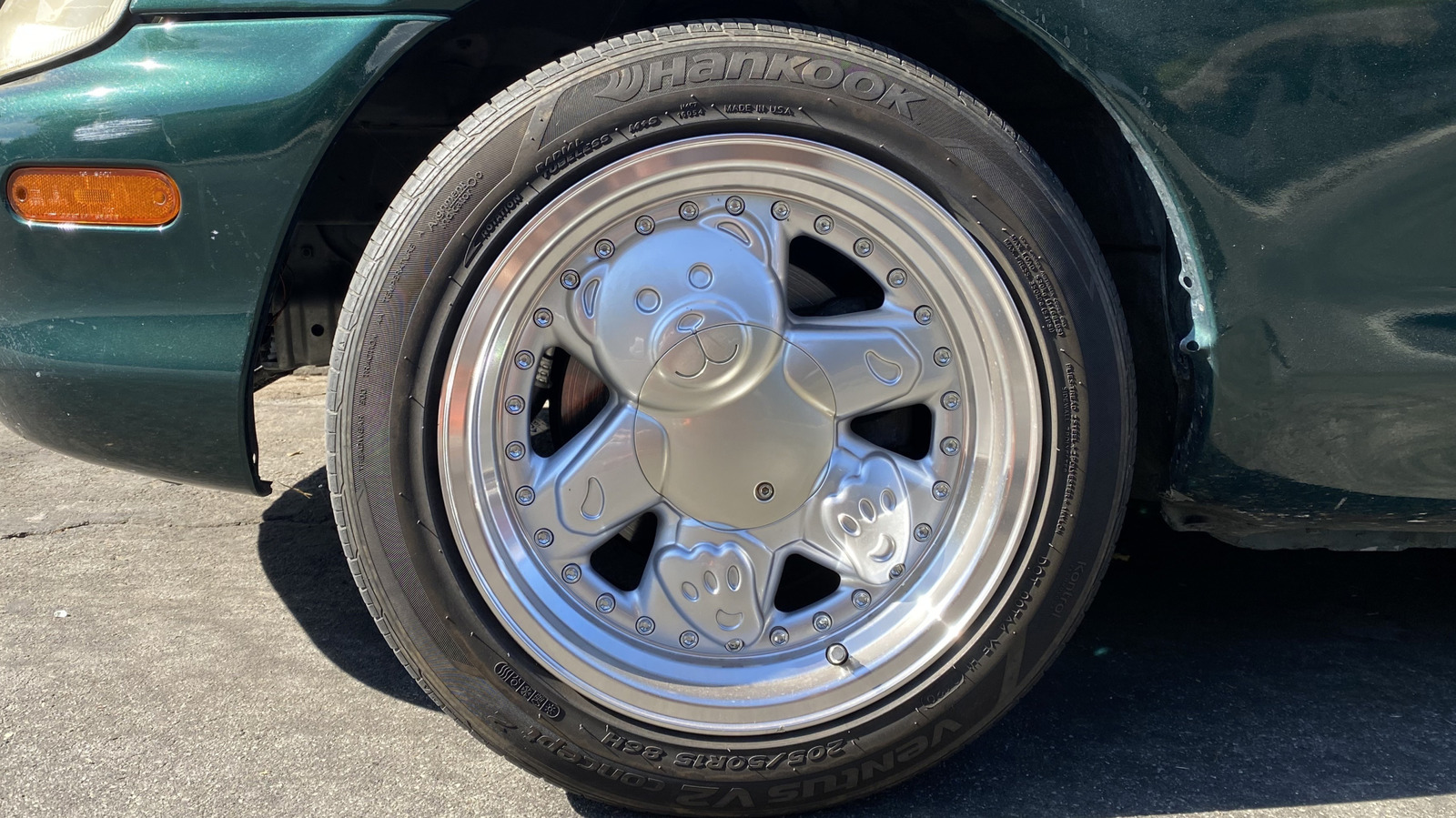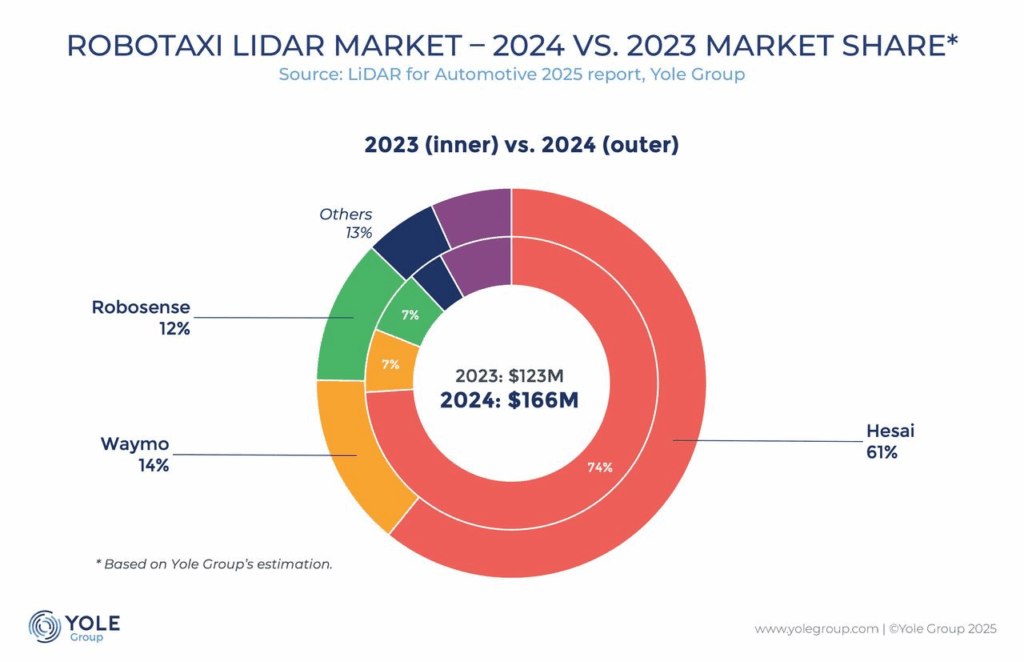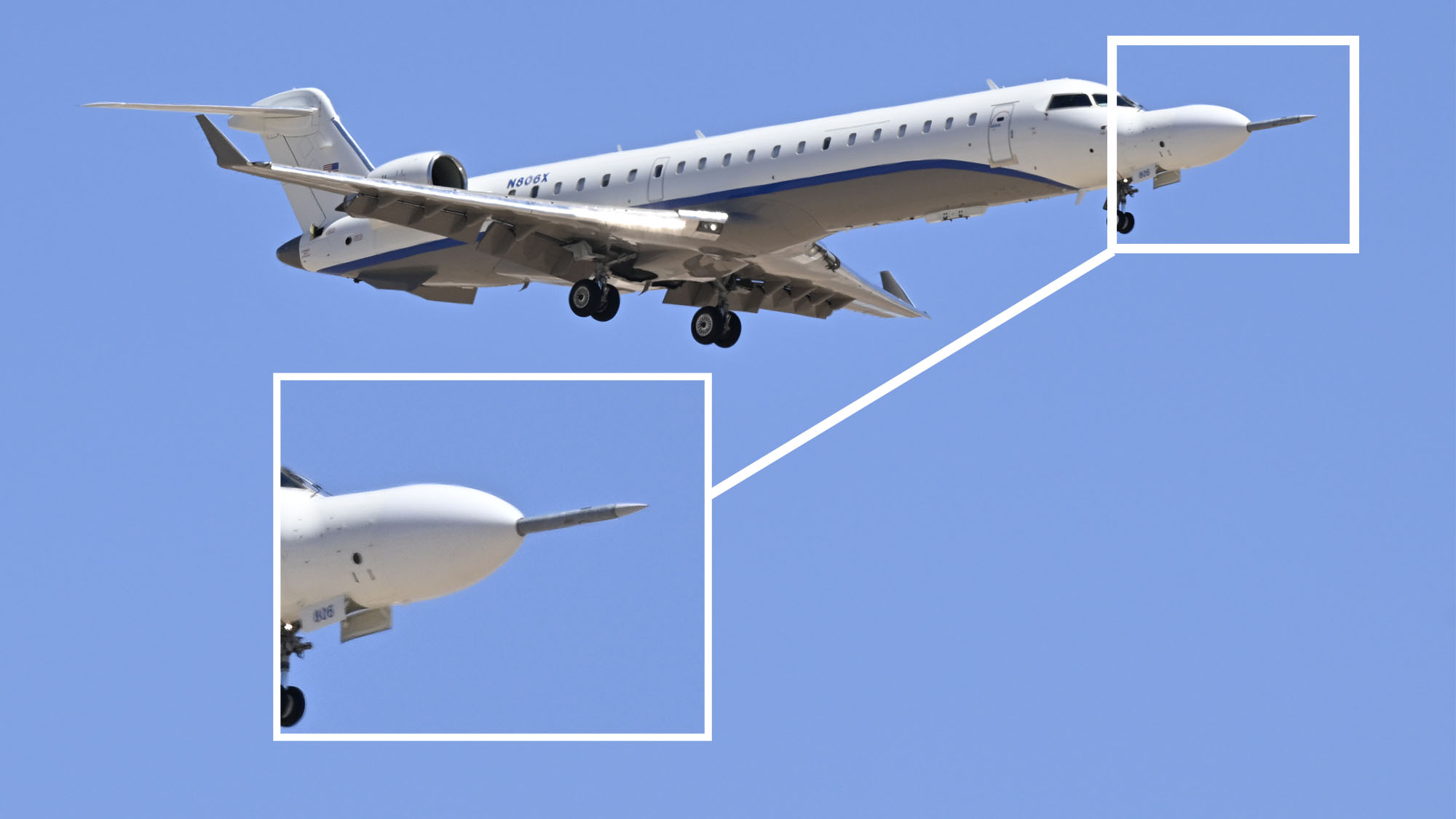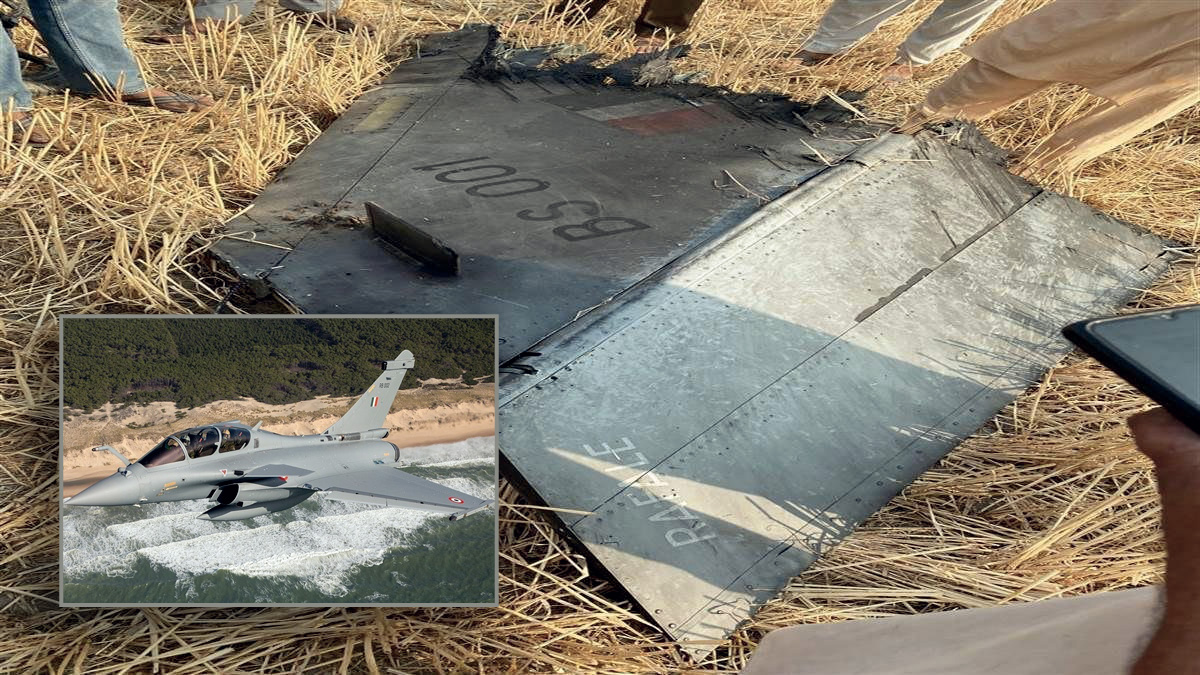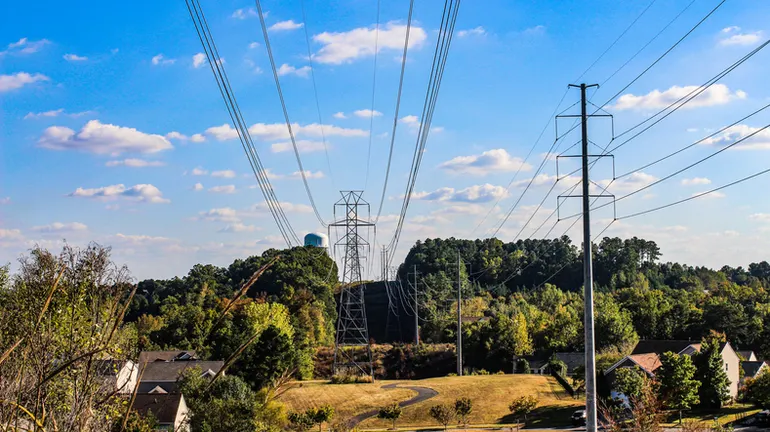Illegal use of foreign drivers undercuts US trucking industry, stakeholders say
Illegal work by B-1 visa truck drivers does serious harm to the U.S. trucking industry, stakeholders said. The post Illegal use of foreign drivers undercuts US trucking industry, stakeholders say appeared first on FreightWaves.

Gerry Reed closed his small South Texas trucking company in December because he couldn’t compete with foreign B-1 visa drivers illegally delivering loads across the U.S.
As FreightWaves has reported several times since 2021, trucking and transportation operations in the U.S. and Mexico have been violating cabotage rules by misusing foreign B-1 visa drivers to deliver loads within the U.S.
Reed, whose name has been changed for this story, spoke to FreightWaves on condition of anonymity for fear of retribution.
“I closed in December, because I saw what was going to happen now,” Reed told FreightWaves in an interview. “There was no reason to try and keep up with the B-1 drivers’ nonsense. No one really understands what’s happened, and there’s too many interests in between.”
Misuse of the B-1 visa program by carriers and foreign truck drivers is forcing freight rates lower and lower, Reed said, as well as taking business from U.S. companies.
In South Texas, where Reed operated, he competed with companies employing Mexico-based B-1 visa drivers.
A Mexico-based driver with a B-1 visa can pick up a load in a Mexican city such as Reynosa, across the border from Pharr, Texas, then take that load across the border to Pharr. The driver can either take another load headed directly back to Reynosa, or deadhead back to Mexico through the same border crossing he came through with the U.S.-bound load. That’s legal.
Instead of returning to Mexico, however, B-1 drivers are then often hired by companies to pick up new loads and go farther into the U.S., which is illegal, taking work for far less pay than a U.S. trucker would.
In some cases, it’s U.S. carriers that unlawfully use Mexican drivers with B-1 visas, creating significant savings by paying them less than U.S. truckers. In other cases, Mexican carriers are starting U.S. trucking companies and then leasing trucks to themselves using both U.S. and Mexican license plates.
Related: Mexican B-1 visa truckers conducting illegal runs in US
Another trucking company in South Texas said B-1 visa truckers continue to undercut his fuel-hauling business.
“Look at I-35 coming out of Laredo: All you see is the Mexican trucks coming across going north, and nine out of 10 trucks are B-1 drivers; it’s just getting out of hand,” the fuel hauler told FreightWaves in an interview. He also spoke on condition of anonymity out of fear of retribution.
“I’m an owner-operator. I have a few trucks that I operate as a regional hauling business, but I can’t compete with the B-1s,” the trucker said. “You have a lot of B-1 drivers, they take less pay, and you lose work because they can get the work. I can’t afford to drop down on my rates. Nobody will be making money, right?”
It isn’t just B-1 drivers from Mexico taking loads for less pay. Sources told FreightWaves that Canadian B-1 visa truck drivers have also been running illegal loads across the U.S. for years.
While Reed said authorities have been slow to crack down on foreign B-1 visa drivers, there has been a recent push by the American Trucking Associations to strengthen cabotage enforcement.
The ATA discussed the misuse of B-1 visa drivers at the Truckload Carriers Association conference on March 25 in Phoenix.
“If you are using Mexican B-1 drivers to haul domestic loads, that is illegal,” Bob Costello, ATA’s chief economist, said during a presentation at the conference. “It’s another reason why the market has been bad.”
Costello said he anticipates a possible crackdown in the near future by the Trump administration on companies that illegally employ Mexican B-1 drivers who, upon getting into the U.S. by driving freight from Mexico, stick around and drive domestic routes before heading back south of the border.
ATA President Chris Spear also recently sent an open letter to Transportation Secretary Sean Duffy urging the DOT to partner “with other federal agencies to halt instances where drivers entering the U.S. from Mexico overstay to deliver domestic loads.”
“While we recognize this is not within FMCSA’s immediate purview, we urge you to work with the Homeland Security Investigations Office of the U.S. Immigration and Customs Enforcement to better patrol violations of international drivers operating domestically with a B-1 visa,” Spear said in the letter.
Related: US carriers illegally hiring foreign truck drivers to haul loads, sources say
One way law enforcement could check B-1 visa drivers is to have authorities check licenses and visas at weigh stations where trucks are generally required to stop.
“They could check them at the scale houses along I-35,” the South Texas fuel hauler said. “They definitely have enough manpower. They could check them if they wanted to. Sometimes I’m driving through Eagle Pass, Texas. Any given time, you have 1,000 state troopers securing the border, quote unquote, instead of actually doing work. They’re out here chasing illegals. Let the Border Patrol deal with it, and the National Guard, but instead they are here doing that instead of actually cracking down on things that really matter. As far as trucking matters.”
Mexican trucking officials said when B-1 visa drivers break the law in the U.S., it also hurts the freight industry in Mexico.
In Mexico, truck drivers who have the B-1 visa often leave Mexico to get jobs in the U.S. because the U.S.-based companies can pay more, said a trucking company owner in Monterrey, Mexico, who wanted to remain anonymous.
In Mexico, truckers can earn up to $1,500 a month. In the U.S., working for an American company, they can make $5,000 to $6,000 a month.
“It’s the same thing as always: U.S. companies are still hiring Mexican drivers, and we’re seeing an increase in B-1 drivers,” the owner said.
For more stories on B-1 visa truck drivers, click here.
Related: The freight industry has a CDL issue, and it’s deeper than it seems
The post Illegal use of foreign drivers undercuts US trucking industry, stakeholders say appeared first on FreightWaves.









